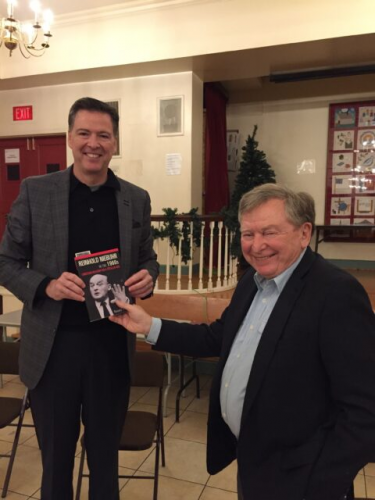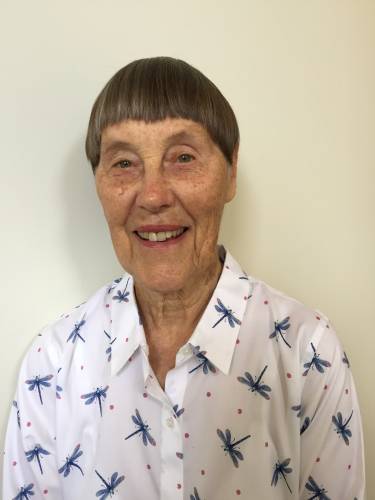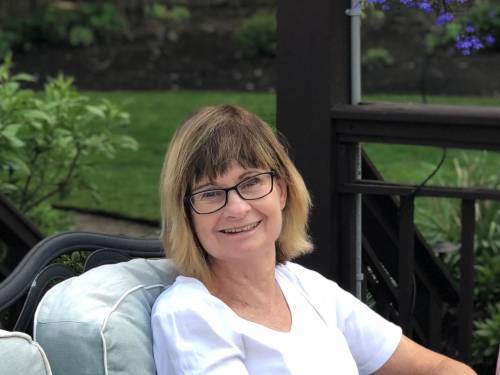A Season of Peace: Thursday, October 1
Peacemaking Demands Justice, Not Domination
Peace in the World
Ron Stone
Luke 14:31–2; 19:41–2
“Or what King, going out to wage war against another king, will not sit down first and consider whether he is able … to oppose the one who comes against him … ? If he cannot, then, while the other is still far away, he sends a delegation and asks for terms of peace….
As he came near and saw the city [Jerusalem], he wept over it, saying, “If you, even you had only recognized on this day the things that make for peace!” (NRSV)
Reflection: As the Peacemaking Program celebrates its 40th anniversary, it is good to remember that it grew out of concerns about American foreign policy. The Peacemaking Program’s Founding Document was prepared in the optimism for peacemaking of Advent, 1979. However, the General Assembly’s adoption of “Peacemaking: the Believer’s Calling” in 1980 was followed by an election that led to a massive armament program. Since that time, American policy has repeatedly utilized superior armaments and the threat of nuclear weapons to dominate others. It is time to come to terms with the fact that U.S. foreign policy has long emphasized domination over peacemaking.
Over the years, diplomacy of the sort that Luke calls for has saved us from many wars and even reduced our nuclear arsenals. But developments in the Middle East and our own shortsightedness have drawn us into unending struggles in Iraq, Syria, Afghanistan and Iran, even though we know wars in Asia, with its multitudes of unknown religions and folkways, are not good projects for the U.S. We need to sit down and negotiate with our present and our potential enemies.
Peace for Jerusalem is as far away as it was for Jesus, and as it has been for the United States. Christian faith has done little for peace in Jerusalem. Neither Jerusalem nor the United States has known much peace during the last 100 years. The preceding 400 years for the Americas was full of wars against indigenous peoples, and the 20th century was a cataclysm of war. The future of peace for Jerusalem requires, as Jesus said, negotiations for the terms of peace. Following Jesus means real terms of peace, however, not domination by a U.S.-supported government. Terrorism arises from any context of occupation, domination and enforced poverty — not simply from fanaticism. To truly be peacemakers in Israel-Palestine, leaders must work toward justice for Israelis and Palestinians alike.
Practice for Peacemakers: Peacemaking by the Church takes work from the ground up. If your church does not yet have a peacemaking committee, create one to discuss issues of witness and foreign policy. This committee can report to session for education and a call to action in the form of public witness, protest or other calls for peace.
Prayer: Jesus, may our church become a supporter of peacemaking in a violent world, learning from you and binding us together in real community actions. Amen.

After 40 years of college, university and seminary teaching, Ron Stone (right) as The John Witherspoon Professor of Christian Ethics at Pittsburgh Theological Seminary in 2005. In the 1970s, he was one of the writers for “Peacemaking: the Believer’s Calling,” and he wrote or edited another two dozen books on social ethics, foreign policy, peacemaking and particularly on the work and thought of Paul Tillich and Reinhold Niebuhr




